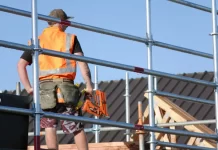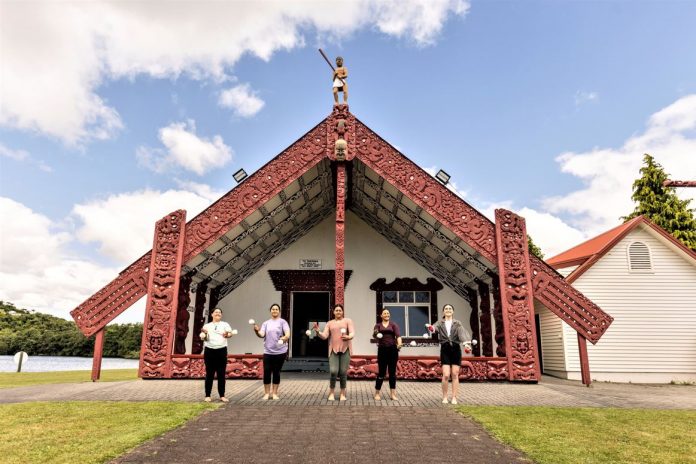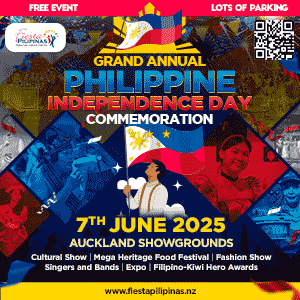By Ricky Matthew
Photo: Tourism NZ/Graeme Murray
AUCKLAND – For some, Waitangi Day is simply a public holiday. It’s a chance to go on a road trip with the family or to kick your feet up for an extra day. For others, Waitangi Day is much more than just a public holiday. It is a day to remember the pain and suffering in the early days of New Zealand and a chance to jubilate over the agreement reached between the Māori and the Pakeha to coexist.
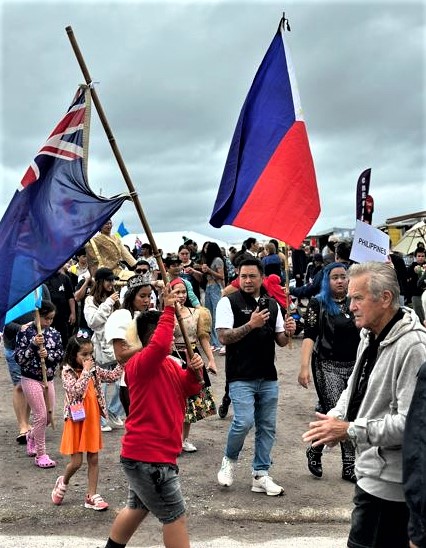
Photo: Queenie Lee Tanjay
The document which set this agreement in stone, is of course, the Treaty of Waitangi. The purpose of which was essentially to allow for the co-existence of the Māori and the Pakeha peoples, to protect the culture, land and rights of the Māori and to give the Crown the right to represent the interests of all New Zealand with their governance.
While NZQA has implemented the teaching of Māori culture and the Treaty of Waitangi into high school subjects such as history and the government has pressed for more education around the Treaty, it is the new arrivals of New Zealand that are the least educated on the matter. This makes the participation in Waitangi Day celebrations quite a confusing topic for migrants, especially newly settled ones.
In this survey we asked migrants how they celebrate Waitangi Day and their understanding of the significance of the Treaty of Waitangi.

“When I first moved to New Zealand about 8 years ago, one of our first family road trips was to the Bay of Islands. We stopped at the Waitangi Treaty Grounds,” recalls Jade-Ceres Munoz, a Filipino IT professional.
“Being new migrants then, it was such an amazing experience for us to connect to New Zealand’s history and rich culture. It was only the second time we had seen a kapa haka performance, so it was quite a treat. We had our daughter with us and it was a great way to introduce her to the country that we wanted her to grow up in. It’s been a while since we’ve been there, so we’re planning another visit soon.”
Filipino-Kiwi Roy Bustenera, a senior citizen and board member of the Filipino Society Inc., has lived in Auckland for several decades. “When I first arrived in New Zealand I attended a Waitangi Day Celebration at the Treaty Grounds,” he said. “I recall that there was much discord and protests happening during the event, so I never returned.”
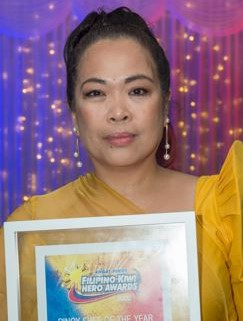
Waitangi Day is all about unity, says Romelyn Fernandez Garde, 35, interim Director of the Philippine Club of Rotorua Inc., “It’s accepting one another because here we are, shining our own light, representing ourselves, our community, and our family.
“This is my third Waitangi celebration as a Filipino community coordinator and the experience has been amazing. It has connected me to a lot of people, not just knowing a specific culture, but multiculturally, and more importantly, reconnecting to my own roots.”
For Marjorie Luxford, 27, from Rotorua. Waitangi Day is a memorable experience, “because we don’t have anything like this in the Philippines. This is my 4th time already to attend this occasion and I really enjoy it. We are already living here in NZ so it’s a good time to feel part of the local community and connect as a citizen of Aotearoa.”
Keith Patangan, 10, from Rotorua says: “It’s always about the community and the culture of all kinds that come together at the end of the day. Clearly, rain or shine, it’s a good day to celebrate each other’s culture.”
Argine Patangan, 10, from Rotorua also shared her viewpoint: “I like it when all people embrace each other’s culture, the past, present, and the past altogether. It’s good to see everyone embracing and helping each other and despite the hail, rain, or shine, we are still all here united as one.”
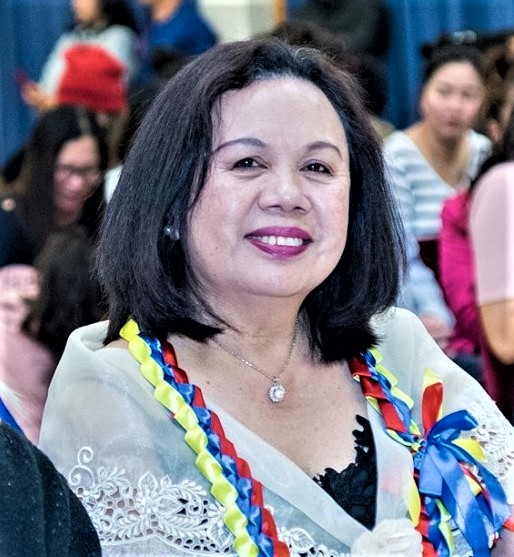
Some migrants celebrate Waitangi Day by organizing their own community events. “I am involved with a group that organizes the Ashburton Multi Cultural Bite, which has been held during Waitangi Day weekend every year since 2010,” shared Thelma Trono Bell, JP. “It’s a celebration of Mid Canterbury’s diverse community by showcasing the different cultures through food and performances. We cancelled the show last year for the very first time due to Covid-19 restrictions. The event is back this year.”
A former Ashburton City Councillor, Thelma is the first Philippines-born City Councillor in New Zealand. “I am proud to be a connection between the locals and the migrants, blending together, integrating together and becoming one community,” she added. “No doubt we have a lot to learn from each other and it’s pragmatic for us to keep on doing so for future generations.”
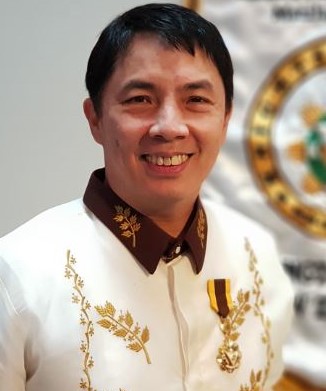
Noel Bautista, a Filipino Overseas Worker in NZ, had this to say: “Beyond the momentary respite from their workaday drudgery, most migrants’ awareness is barely touched by the historical importance of Waitangi Day. Which is a pity, as the event produced consequences that are still felt today.
“New Zealand’s birth and the continued imbalance in society are lessons all migrants would benefit from by understanding Waitangi Day.”
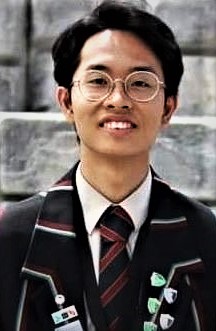
“I first learned about Waitangi Day in my secondary school, Rotorua Boys High, which is known for being culturally expressive,” recalls university student Miguel Manaig. “It is a public holiday that commemorates the signing of the Treaty of Waitangi in 1840 – which is considered to be New Zealand’s founding document.
“Understanding its meaning and significance helped bridge my own values to those of Maori. Like the value of Araw ng Kasarinlan (Philippine Independence Day) for us Filipinos, Waitangi Day means the same for Maori – freedom from colonial oppression. Celebrating it alongside my Kiwi-Maori friends meant acknowledging their history and treating both their culture and my culture with significances.”
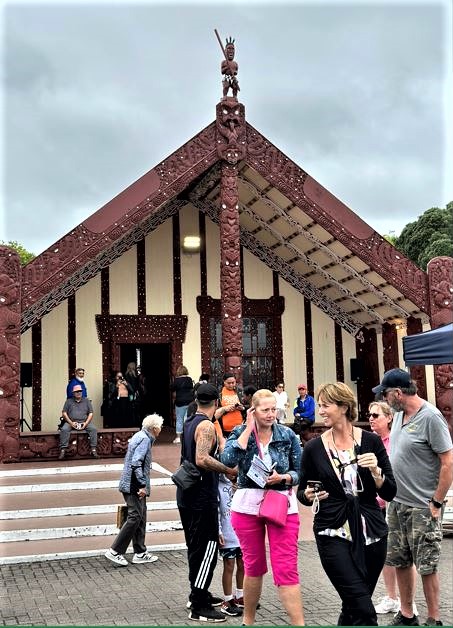
One man from Kosovo, Vullnet Abdylli, who visited the Treaty Grounds at Waitangi in Northland, says: “I’ve been to the Bay of Islands and seen the house where they signed the document. I watch the news on TV every day and see them trying to work it out. The Maoris feel that the Europeans cheated them, but the Maoris have also benefitted from the Europeans coming here.”
Hilary Martin Patrao, from India, said: “I know that they (Maori) are the people who were uprooted because of the cultures that came after them. I feel that we should learn Maori culture when we are in the country and make our lives easier.”
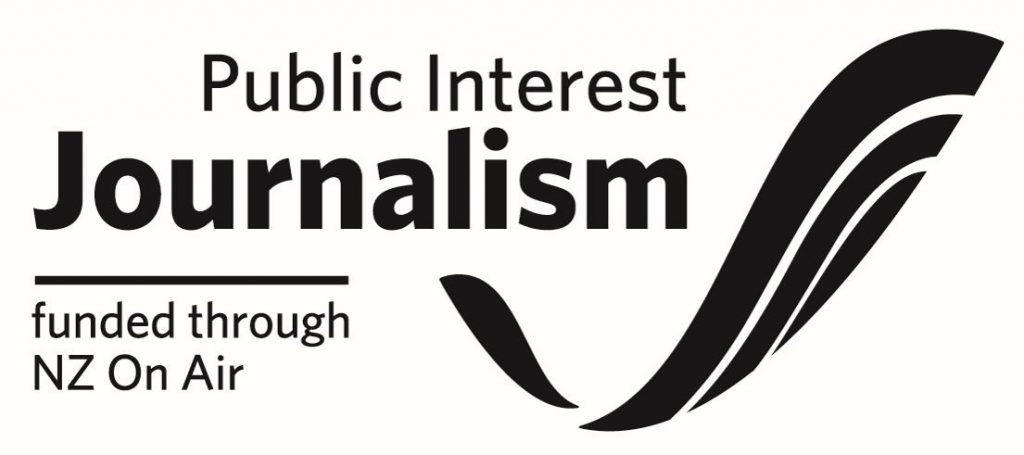
Filipino-Kiwi nurse, Laddie Lou Corpus, said: “Waitangi Day is New Zealand Day. It was the time that Maori signed a treaty that opened their country to immigrants. A day we appreciate and celebrate.”
First appeared in Migrant News www.migrantnews.nz




